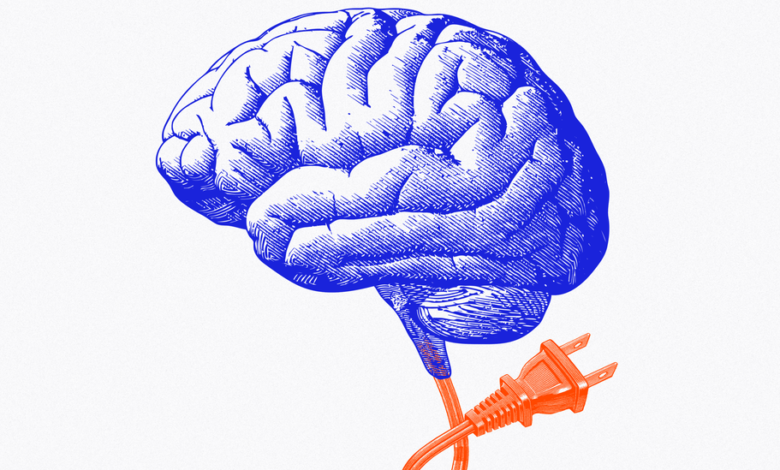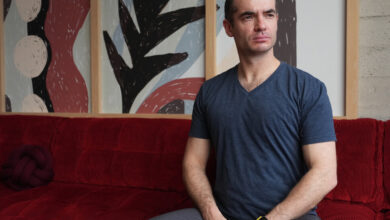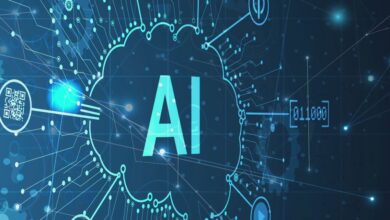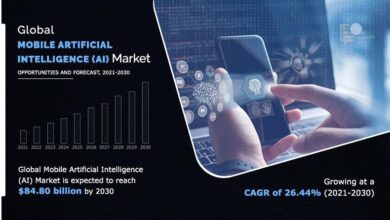Opinion | If A.I. Takes All Our Jobs, Will It Also Take Our Purpose?

What would life be like if artificial intelligence solved all your problems? You wouldn’t have to work anymore. You could get any luxury you wanted by raising an eyebrow. Feelings of pleasure would wash over you constantly. Death would become almost optional because you could take on digital form and keep going for a billion years.
It sounds awful to me.
We human beings dislike our problems, naturally, but if we had no problems to solve, what meaning would life have? How long would we be happy sitting on top of our big rock candy mountains? For me, one long weekend would about do it. A billion years of perfect happiness would be perfect misery.
Nick Bostrom, a philosophy professor at Oxford, wrestles with this question in a fascinating book that was published on March 27, “Deep Utopia: Life and Meaning in a Solved World.” Solved here means solved the way the game of tic-tac-toe has been solved: If you move first, there is no reason you should ever lose.
A lot has changed in A.I. in the 10 years since Bostrom’s last book on the topic, “Superintelligence: Paths, Dangers, Strategies.” A.I. is folding proteins, generating art and blowing minds. The idea that it will change the world has gone from a nerdy obsession to conventional wisdom.
What we still don’t know is how A.I. will change the world. It could enslave or kill us all. But for “Deep Utopia,” Bostrom smartly chose to imagine the opposite: That A.I. does exactly what we ask it to do.
It’s not a pretty picture. “Basically,” he writes, “we’re unfit to inhabit a perfect world.”
People could still “work” at “jobs” in “offices” even if A.I. becomes able to do everything better than people can — a scenario examined by the economist Pascual Restrepo of Boston University in one of my newsletters last month. But the jobs will really be more like harmless hobbies, Bostrom writes.
Fine, you might say, people can fulfill themselves in other ways, such as shopping or gardening or child care. Bostrom punctures that balloon as well. One reason people find satisfaction in such activities is that they pride themselves on being good at them — knowing how to find the right throw pillow or grow gardenias or dry a child’s tears.
But A.I. will be able to do all of those things better than you can, Bostrom says. “It is quite conceivable that, at technological maturity, you would in fact be slightly harming your child whenever you indulged in some D.I.Y. parenting,” he writes.
I predict that prediction will infuriate a lot of people. I’m appalled by it myself. Bostrom, though, is not aiming to please. He clearly prides himself on following trends in A.I. to their logical conclusions, even when that’s discomfiting. He’s a jokey, quirky polymath who has a doctorate in philosophy but has also studied computational neuroscience, mathematical logic, astrophysics and general relativity.
Although he says we’re not cut out for perfection, Bostrom does explore ways that life in utopia could be made bearable after all. For instance, we could ask the computers to give us absorbing challenges. He cites a science fiction novel, “Permutation City” by Greg Egan, about a man who has achieved immortality. To avoid boredom, he programs himself to be seized, at random intervals, by fresh passions. At the moment of the novel it’s making table legs, of which he has manufactured 162,329.
That feels more like hell than heaven. Another vision of the future, even more repulsing, is that we become aimless blobs, perhaps hooked up to electrodes for jolts of pleasure.
Bostrom asks us to suspend judgment, though. Maybe we’d like it. “The question before us here is a very different one: not how interesting a future is to look at, but how good it is to live in.”
Bostrom told me on Friday that he sees the book as an exploration of the A.I. future, not a conclusion about it. “It’s going to be ultimately a very deep question what we choose,” he said. There is, he said, “a hunger for people to think about these questions.”
He likened the book to a particle accelerator that smashes atoms together to study their parts, such as quarks. In “Deep Utopia,” he said, he smashed values into one another to study their composition.
Toward the end of the book, a professor named Bostrom who very much resembles the author promises to reveal the secret of life. Just as he gets to that point in the lecture, the dean tells him to wrap up because the venue has been booked only until 6.
“Well,” the Bostrom character says, “I guess that’s that.”
The Readers Write
On China’s domination of green technology exports: I’m of the opinion that the planet does not care who is making what. What matters to the planet is total emissions and use of resources. If someone can make them most efficiently on the South Pole, that’s what’s better for our planet.
Mato Egredzija
Zagreb, Croatia
Treasury Secretary Janet Yellen’s trip to China comes across as typical U.S. arrogance of telling people what they should be doing. How would she feel if the Chinese finance minister visited Washington, D.C., and told her that Americans should be saving more money for retirement and children’s education?
Patrick Yuen
Riverside, Conn.
Quote of the Day
“There ain’t any answer, there ain’t going to be any answer, there never has been any answer, that’s the answer.”
— Gertrude Stein, “Brewsie and Willie” (1946)



